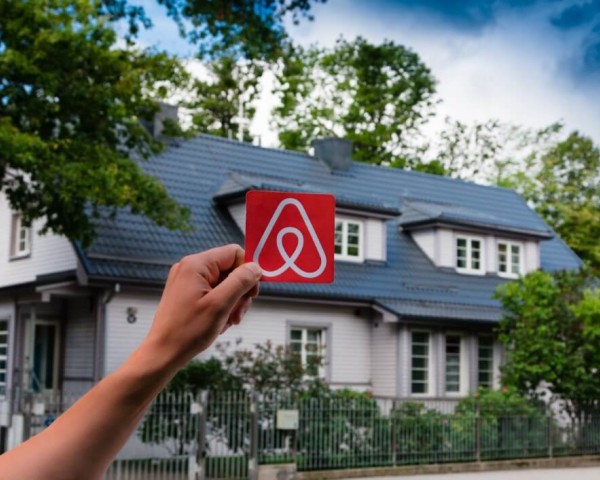Is it time for Airbnb to make a change? Dealing with stricter laws in massive cities, the platform for renting furnished vacationer lodging goals to increase into long-term leases.
Airbnb, recognized for short-term leases, is contemplating increasing its long-term rental supply because of growing restrictions on short-term leases in Europe. At a journey convention, the corporate’s CEO, Brian Chesky, talked about a concentrate on longer stays of 28 days or extra, citing important development potential in month-to-month and seasonal leases. Lengthy-term bookings now make up 17 to 18% of Airbnb’s enterprise, in comparison with 13 to 14% earlier than the well being disaster, signaling a shift in direction of embracing medium and long-term leases as a brand new income stream alongside their conventional short-term rental enterprise.
Airbnb: Different Adjustments to Come?
Airbnb plans to increase its long-term rental enterprise and supply new companies to its prospects to extend its earnings and broaden its target market. One of many new companies will join property homeowners who haven’t got time to be Airbnb hosts with people who need to be hosts however want lodging to listing on Airbnb.
Moreover, the platform is contemplating providing companies resembling massages, spa therapies, mid-stay cleansing, and simplifying arrival procedures. Airbnb’s industrial director, Dave Stephenson, talked about that the corporate sees sponsored housing advertisements as a billion-dollar income alternative, drawing inspiration from profitable fashions like Uber and Reserving.
Furnished Vacationer Lodging: Many Restrictions in Europe
As talked about, Airbnb is trying to increase its long-term rental enterprise because of growing restrictions in main European cities to curb the proliferation of furnished vacationer lodging. Cities like Saint-Malo, Annecy, Les Sables-d’Olonne, and the Basque area in Spain have applied quotas for vacationer lodging in numerous districts to deal with this subject.
Within the spring, the French Senate handed a invoice to control short-term leases. The invoice included lowering the earnings tax allowance for unclassified furnished vacationer lodging from 71% to 30%. The allowance stays at 50% for labeled furnished vacationer lodging.
Throughout Europe, cities have applied drastic measures. Barcelona’s mayor has introduced a ban on renting furnished vacationer lodging beginning in 2029 in response to considerations about overtourism’s influence on the surroundings and rising hire costs. Budapest, Athens, Lisbon, and Madrid additionally plan to ban furnished vacationer lodging in particular districts. Moreover, London and Amsterdam have imposed limits of 90 and 30 days, respectively, on the variety of in a single day stays.




